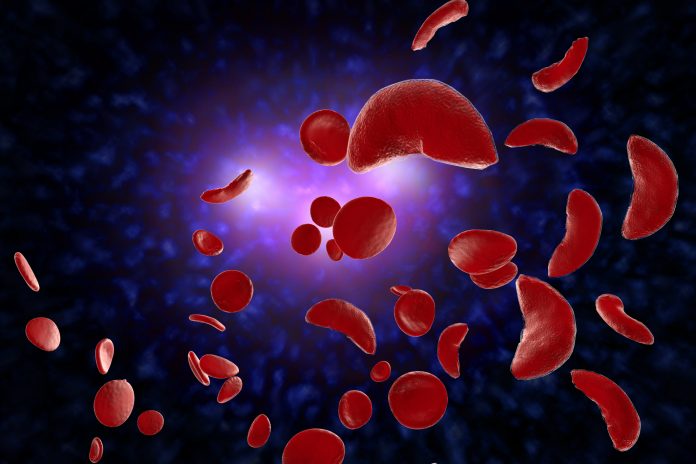
Gene therapies received back-to-back sickle cell disease (SCD) approvals in December 2023, but uptake has been slow largely because of cost: Bluebird bio’s Lyfgenia costs $3.1 million, and Vertex’s and CRISPR Therapeutics’ partnered Casgevy has a list price of $2.2 million. Both gene therapies are one-time infusions meant to cure SCD and thus avoid healthcare costs. But so far, there has been skepticism and frustration about a treatment revolution that seems stalled.
Now, Bluebird bio and Vertex have both entered into agreements with the Centers for Medicare & Medicaid Services (CMS) to participate in the Cell and Gene Therapy Access Model for SCD.
The voluntary model, led by the Center for Medicare and Medicaid Innovation, will test outcomes-based agreements for cell and gene therapies, with the aim of improving health outcomes, increasing access to cell and gene therapies, and lowering health care costs. These outcome-based agreements will tie payments to whether the therapy improves health outcomes for Medicaid patients.
Having secured these two initial agreements, CMS will now move forward with engaging states and U.S. territories that participate in the Medicaid Drug Rebate Program to help them decide whether to participate in the model.
“The Cell and Gene Therapy Access Model will increase access to promising therapies that improve the chances of people living longer, healthier lives,” said CMS Administrator Chiquita Brooks-LaSure.
She added, “This is a new frontier in providing access for people with sickle cell disease to potentially transformative treatments. CMS is pleased that these two drug manufacturers have agreed to participate in the model and work with the agency and states in providing access to potentially curative treatments that might otherwise be out of reach.”
SCD can be an extremely painful condition that significantly impacts overall quality of life for those affected. This disease disproportionately impacts Black and Hispanic Americans and has historically had limited treatment options. In the United States, more than 100,000 people live with SCD, and approximately 50–0% of them are enrolled in Medicaid. Individuals with the disease have a shorter life expectancy, by more than 20 years on average. Hospitalizations and other adverse health episodes related to SCD cost the health system almost $3 billion annually.
“Cell and gene therapies hold significant potential to improve patient outcomes and transform lives, ultimately reducing long-term health care spending,” said deputy administrator and director of the CMS Innovation Center Liz Fowler. “However, due to the high costs, these therapies can pose challenges to state budgets. This model will afford state Medicaid agencies more budget predictability while helping improve access to these innovative therapies for people with Medicaid with sickle cell disease.”
The Cell and Gene Therapy Access Model launches in January 2025, and states may choose to begin participation anytime between January 2025 and January 2026. The state application portal goes live this month—December 2024—and will remain open through February 28, 2025.
In addition, states may apply for optional model funding by responding to the notice of funding opportunity, but they are not required to respond to the notice of funding opportunity to participate in the model. The deadline for responding to the notice of funding opportunity is also February 28, 2025.





